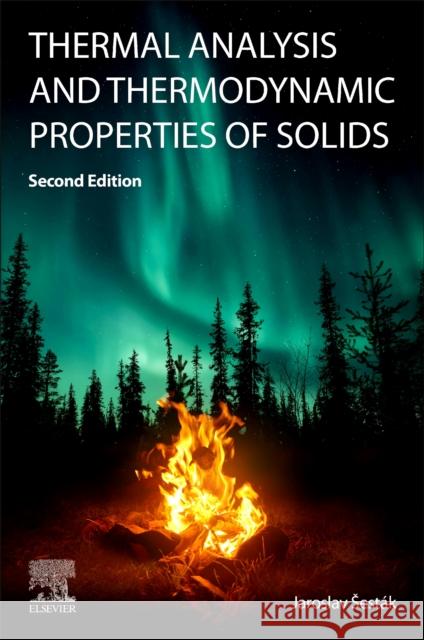Thermal Analysis and Thermodynamic Properties of Solids » książka
topmenu
Thermal Analysis and Thermodynamic Properties of Solids
ISBN-13: 9780323855372 / Angielski / Miękka / 2021 / 646 str.
Kategorie:
Kategorie BISAC:
Wydawca:
Elsevier
Język:
Angielski
ISBN-13:
9780323855372
Rok wydania:
2021
Ilość stron:
646
Waga:
0.84 kg
Wymiary:
22.91 x 15.19 x 3.3
Oprawa:
Miękka
Wolumenów:
01
Dodatkowe informacje:
Glosariusz/słownik











